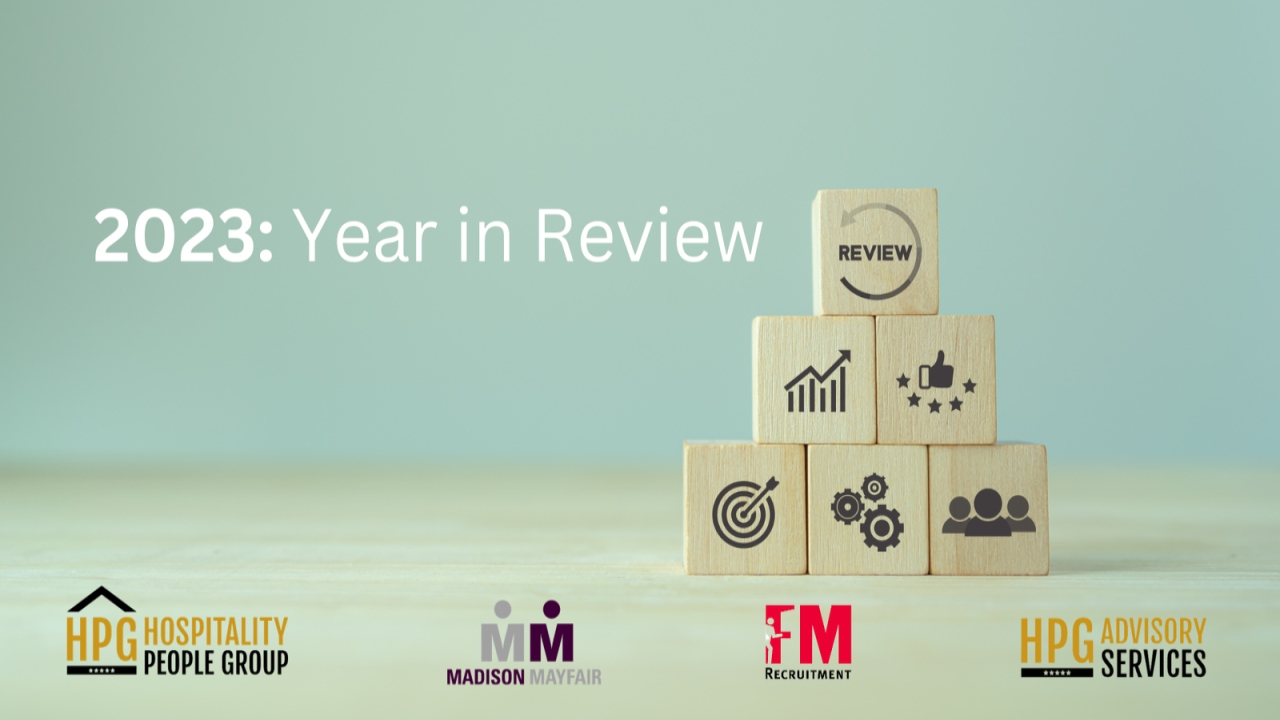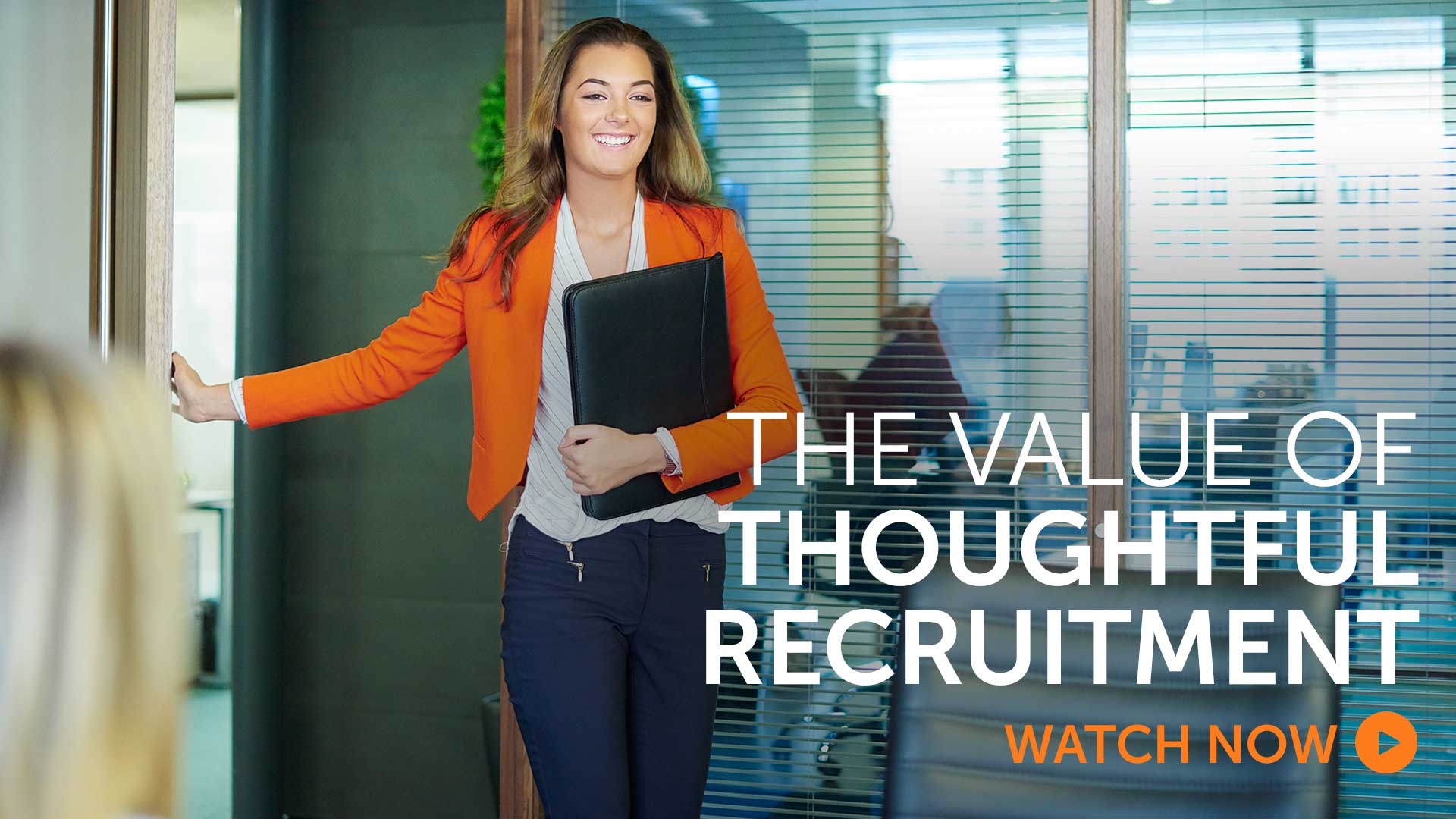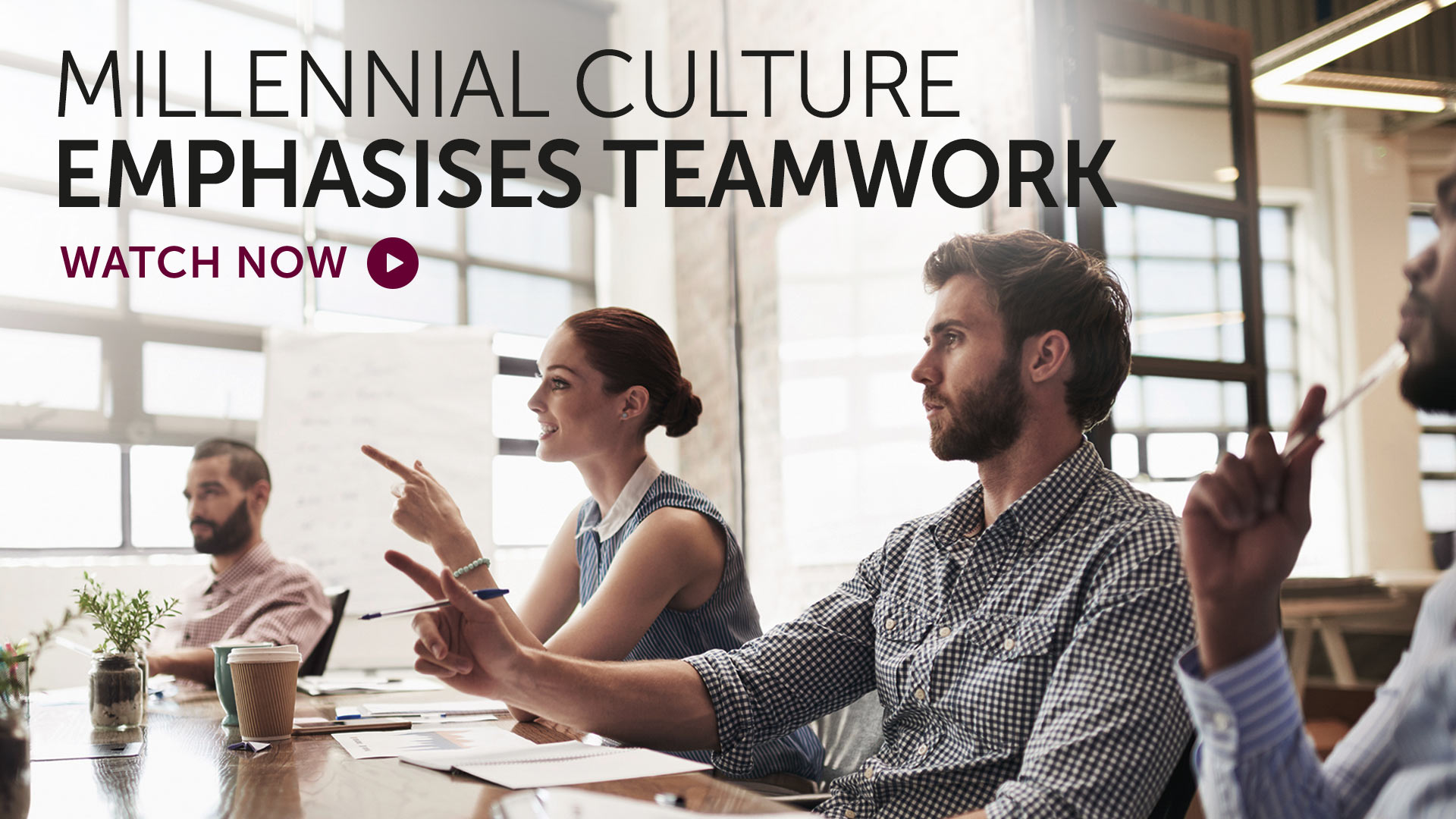As 2024 comes to an end, we’re taking a moment to reflect on our year at Hospitality People Group, that comprises of three distinct businesses that cater to the diverse needs of our clients:
HPG Advisory Services: Delivering unparalleled executive search services for board, C-suite, and senior leadership roles, helping companies secure transformative leaders who drive success.
Madison Mayfair: Renowned for its ability to find and attract top talent for even the most challenging roles, Madison Mayfair has earned its reputation as a global leader in talent acquisition for hospitality clients.
FM Recruitment: Focused exclusively on the world of finance within hospitality, FM Recruitment specialises in sourcing finance professionals at all levels, ensuring businesses are equipped with the expertise they need.
This article summarises some of our highlights from the past 12 months. Our mission is to partner with hospitality organisations to tackle their most pressing human capital challenges, whether through sourcing exceptional leadership, filling specialised roles, or providing strategic insights. This year, we’ve been proud to champion diversity, support businesses through economic shifts, and celebrate the resilience and innovation that define our industry.
Championing Women in Hospitality
HPG is committed to championing women in the hospitality industry by fostering inclusivity, amplifying voices, and addressing systemic barriers. Through our partnerships with initiatives like Inspiring Women in Hospitality and events such as the Women in Hotels Brunch, we celebrate female achievements and create opportunities for networking and career advancement. Platforms like the Inspire Community and mentorship programs provide crucial support, enabling women to share experiences, gain guidance, and overcome challenges together.
By advocating for flexible working arrangements, equitable pay, and leadership visibility, we aim to drive cultural change within the industry. These efforts, combined with professional development opportunities and a focus on showcasing diverse career pathways, aim to break down barriers and empower women to achieve their full potential, shaping a more inclusive and innovative hospitality sector.
Networking and Insights
Trade events remain pivotal to our commitment to fostering industry innovation, collaboration, and the exchange of valuable insights. In 2024, we actively participated in key conferences such as the Caribbean Hotel & Resort Investment Summit (CHRIS) and the Future Hospitality Summit in Saudi Arabia, demonstrating its dedication to understanding emerging trends and engaging with global industry leaders. From exploring the transformation of all-inclusive resorts and branded residences at CHRIS to witnessing Saudi Arabia’s ambitious Vision 2030 and its ESG-focused mega-projects, we have stayed at the forefront of hospitality developments.
These events provided a platform for us to connect with professionals worldwide, share expertise, and analyse critical industry trends. By attending and contributing to these conferences, we reinforced our position as a thought leader while bringing actionable insights to our clients, helping them navigate market shifts and capitalise on new opportunities.
Adapting to Change
Throughout the year, we have consistently demonstrated our commitment to helping the hospitality industry navigate evolving challenges through forward-thinking strategies and insightful guidance. In 2024, the industry once again faced significant shifts, including increased salary thresholds for skilled workers, tightening budgets, and regulatory changes, all topped off with a budget that has proved especially challenging to the hospitality industry.
Through detailed analyses such as “The Impact of Increased Salary Thresholds on the UK Hospitality Industry,” we highlighted the importance of upskilling domestic workers, enhancing workplace culture, and leveraging technological innovation to address workforce shortages. Similarly, at HOSPACE 2024, we emphasised bridging operational gaps with technology and training while fostering personalised recruitment strategies to align with organisational values. These efforts underscore our role in driving resilience and innovation, ensuring its clients remain competitive in a rapidly changing landscape.
Hotel Investment Insights
In 2024, we actively tracked and analysed hotel investment trends, providing critical insights to help stakeholders navigate a dynamic and evolving market. As global uncertainties persisted, targeted investments in emerging markets and sustainable projects demonstrated significant returns. Our “Global Hospitality Investment Insights: Spring 2024” highlighted the growing emphasis on ESG factors, with investors recognising the dual benefits of sustainable practices for profitability and brand reputation.
At the International Hospitality Investment Forum (IHIF) in Berlin, we observed a shift towards long-term strategic expansion, particularly in the Middle East and Mediterranean regions. The UK hotel sector also showcased resilience, with mid-year investment volumes reaching record levels, driven by strong domestic tourism and international interest. Through insights shared in reports and conferences, we supported the industry in adapting to challenges such as rising costs, geopolitical instability, and a constrained supply of quality assets, while championing opportunities for innovation, sustainability, and growth.
Cultural Phenomena
A number of big events over the summer significantly impacted the hospitality industry in 2024, showcasing how businesses can harness these moments to drive growth and innovation. We explored the influence of Taylor Swift’s Eras Tour in “The Taylor Swift Effect”, highlighting the boost to local economies, with UK cities experiencing spikes in hotel occupancy, dining, and retail. Businesses seized the opportunity by offering creative, themed packages and experiences, such as bespoke cocktails, citywide trails, and employee engagement initiatives that enhanced customer satisfaction and loyalty.
Similarly, in “Lessons in Leadership from a Summer of Sport”, we examined how strategies from sports, such as Gareth Southgate’s emphasis on teamwork at Euro 2024 and the British Cycling’s Olympic team’s focus on incremental improvements, can inspire hospitality leaders. The importance of preparing for large-scale events, empowering employees, and creating unique guest experiences was underscored as critical for capitalising on cultural moments. These insights reinforce the need for agility, innovation, and thoughtful engagement to ensure hospitality businesses maximise opportunities while fostering long-term growth and positive guest experiences.
Conclusion
From championing women in hospitality and navigating economic shifts to analysing market trends and harnessing cultural phenomena, we have remained steadfast in its commitment to empowering businesses through tailored solutions and actionable insights. Our presence at key industry events, such as CHRIS, IHIF, and HOSPACE, reinforced our role as thought leaders, while our dedication to diversity, inclusion, and workforce development ensured our clients were equipped to adapt and thrive.
We understand that success in the hospitality industry begins with its people. As we look ahead to 2025, we remain dedicated to delivering innovative strategies that support leadership, culture, and employee engagement.
If you would like to discuss your people strategy further and explore how we can help you achieve your goals in the year to come, then please get in touch.
Guy Lean, Managing Director – Madison Mayfair
+44 20 8 600 1180 / +44 7813 009787 / [email protected]
Dan Akhtar, Managing Director – HPG Advisory Services
+44 208 600 1166 / +44 7808 157796 / [email protected]
Chris Denison Smith, Managing Director – FM Recruitment
+44 20 8 600 1160 / +44 7775 711923 / [email protected]
Andrea Shaw, Director – FM Recruitment
+44 20 8 600 1160 / +44 7714 236469 / [email protected]









